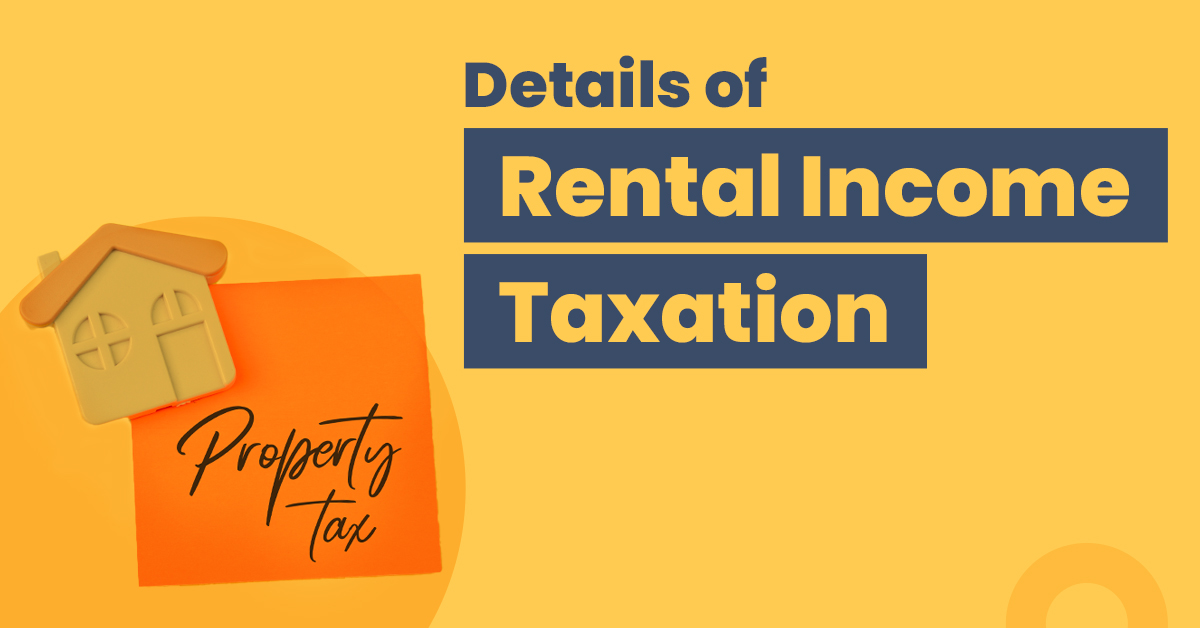What Are Landlord Tax Classifications and How Do They Affect Your Rental Income?
What Are Landlord Tax Classifications and How Do They Affect Your Rental Income?
Blog Article
Navigating the world of landlord taxes can feel a bit like solving a puzzle. If you are a property operator entering the rental industry, knowledge these tax classifications is not only beneficial—it's essential. This blog aims to solve the complexities encompassing understanding landlord tax classifications and explain how they can straight impact your hire income. Whether you're a veteran landlord or just beginning, knowing the inches and outs of the classifications may result in better economic decisions.
Knowledge Landlord Duty Classifications
Once you lease out home, you don't reach pocket every dime of that hire income. Alternatively, a portion visits taxes. The way this income is taxed frequently depends on what it's classified. Typically, rental revenue can be viewed passive or productive, and this classification establishes how it is noted and taxed.
Passive income from rentals generally requires less primary engagement in the day-to-day management of the property. In comparison, productive money may possibly involve more hands-on involvement and decision-making. Realizing the type of your engagement can allow you to greater policy for duty period, ensuring you're setting away the proper total for taxes and potentially taking advantage of any appropriate deductions.
Facets Influencing Rental Money Taxation
Different facets impact how your hire money is taxed. Firstly, the sort of home you have plays a role. Residential houses could have different duty implications in comparison to professional properties. Moreover, the place of your house also can influence tax charges, as various states or municipalities may have different tax principles and regulations.
Yet another critical component is the amount of homes you have and manage. Buying multiple attributes can transform your tax situation, potentially qualifying you as a professional real-estate investor. That classification may offer unique duty advantages, but it also involves a greater comprehension of tax obligations.
Deductions and Loans for Landlords
One significant advantage of understanding landlord tax classifications is the capability to maximize accessible deductions and credits. Popular deductions contain mortgage curiosity, home taxes, repairs and maintenance, and depreciation. By maintaining comprehensive files and statements, landlords can effortlessly reduce their taxable revenue and raise over all profitability.
Loans, even though less popular than deductions, can provide considerable tax relief. Energy-efficient improvements to hire homes, for example, may qualify for particular tax credits. Being proactive about knowledge and using these deductions and breaks will make an obvious difference in your base line.

Get yourself ready for Duty Time
Planning is important to controlling taxes effectively. Maintaining complete documents of all hire money and costs is crucial. Applying accounting software will help streamline this method, ensuring nothing is overlooked. Several landlords also find it advantageous to consult with a tax professional who specializes in real estate to make certain compliance and enhance duty strategies.
Report this page